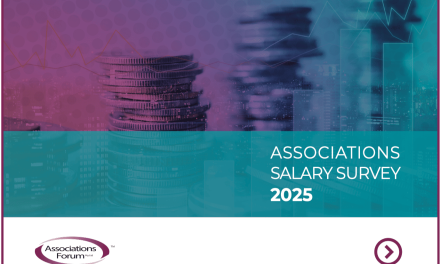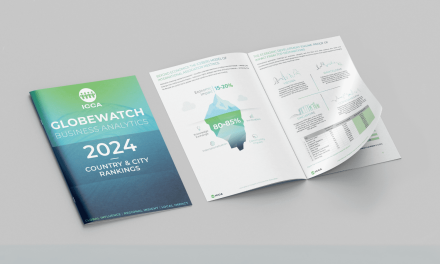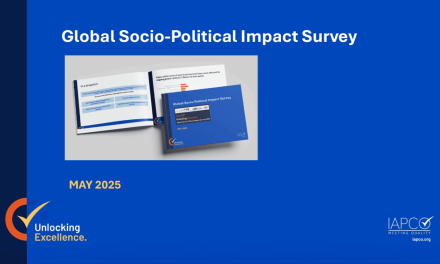Since its initial launch in 2019, the Copenhagen Sustainability Guide has provided a hands-on framework—grounded in the UN Sustainable Development Goals—for measuring and managing the environmental impact of business events. The 3.0 edition expands on previous versions by integrating more detailed CO₂ indicators, streamlined usability, and a strengthened focus on post-event reporting to ensure measurable outcomes and data-driven insights.
Copenhagen Sustainability Guide 3.0 Boosts Transparency and Reporting
The updated guide leads planners through six key categories: international transport, local transport, venue and event design, accommodation, food and beverages, and a newly introduced Beyond Value Chain Mitigation (BVCM) section that covers activities such as forestry and conservation projects. For each category, it offers precise calculations of potential emissions and improved transparency in methodology.
A new post-event feature enables organizers to calculate actual emissions, benchmark results against other recent events in Copenhagen, and compare baseline emissions per delegate. Additional online resources cover social responsibility, legacy work, and broader impact considerations. Available free of charge on the Copenhagen CVB website, the guide is supplemented by expert advice and consultancy from local convention bureau specialists.





















